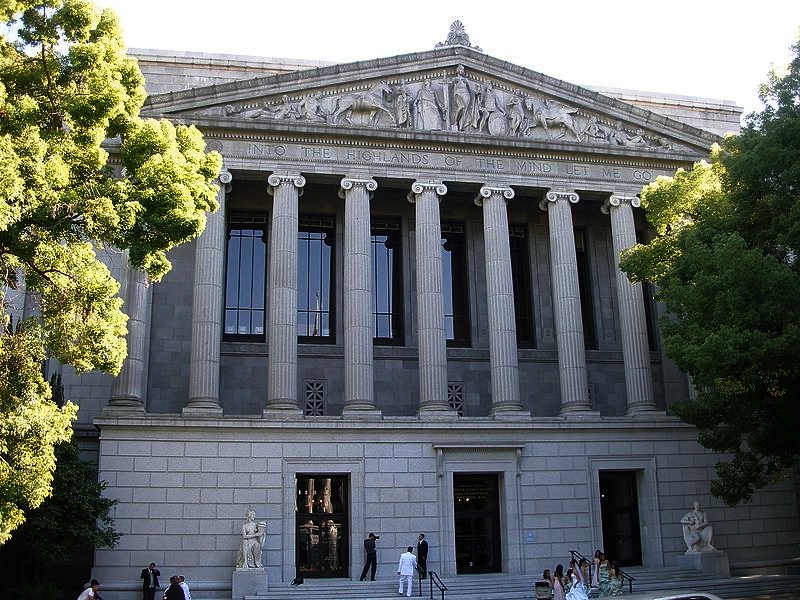
SOCIAL JUSTICE BLOG
Read and share the extraordinary stories from the frontlines of social change

Systems Not Symptoms - Impact Fund Grant Program Tackles Racial Injustice Head On
“While we are a small funder, we are in complete solidarity with the movement to end the killing of unarmed Black men by police, as well as all other police brutality. That the list of names of men who have been so killed is so long that it would take up more than a whole page is a commentary on how police have been protected from accountability, at least until now. They have been protected by police unions who block the imposition of discipline. They have been protected by politicians who want to be seen as ‘tough on crime’ and pass laws that make it next to impossible for the public to find out which officers are engaging in brutality against people. And they are protected by the courts that make up rules like ‘qualified immunity’ that let police off the hook when brought to court. We recognize that the police function as part of the system that has been called the criminal justice system, they are but one part. That whole system is what gave us mass incarceration. And the whole system now must come down.”
Just Doing Their Job? The Structural Roots of Police Abuse
I recall my first contact with police as a middle schooler. Two of my friends and I, all Black youths, were walking in our neighborhood. San Francisco’s Richmond district was diverse but mostly White then. It was a dark early evening. As the three of us were walking, a police car pulled up. The officers ordered us to empty our pockets. They searched us without asking for permission or explaining why they had stopped us. Finding nothing illegal, they departed without explanation or apology. We knew they had stopped us because we were Black. To them Black kids in a “White neighborhood” was synonymous with suspicious. They didn’t beat us or kill us. So the physical toll was light, but the psychological effects were deep. Afterward we had to question if the police would protect and serve us.
